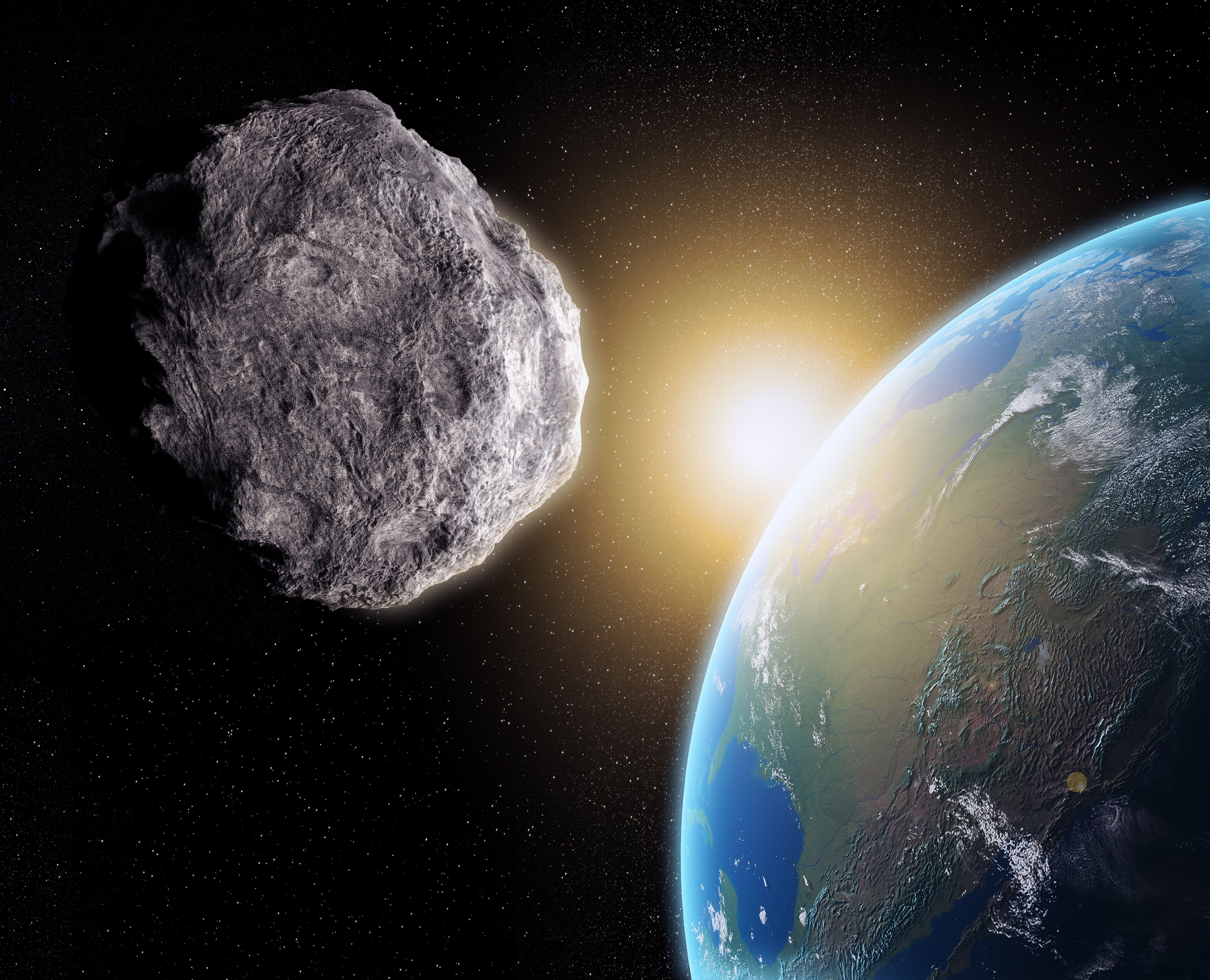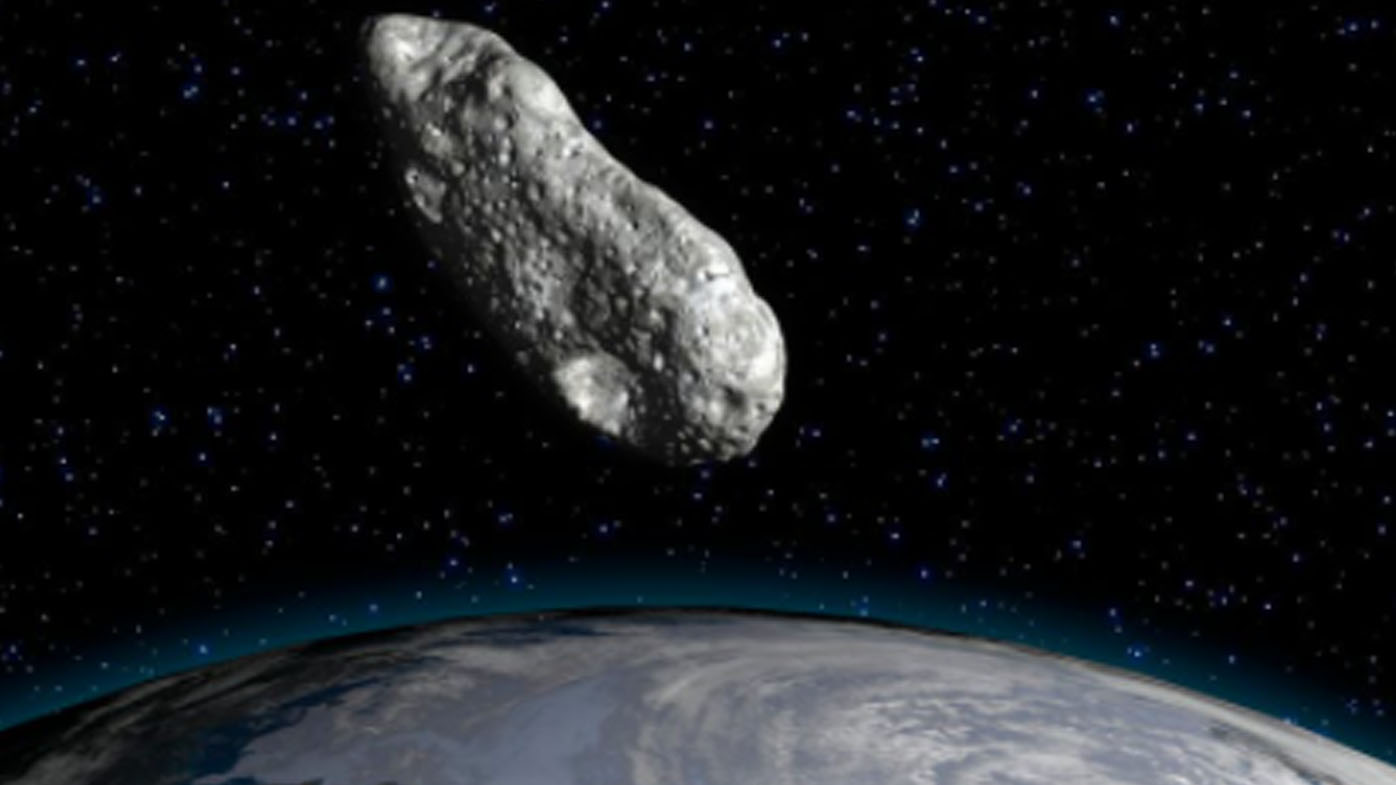An asteroid estimated to be about a kilometre wide will fly by Earth today.
It will pass within 1.9 million kilometres of our planet, moving at 76,193km/hr, according to NASA's Center for Near Earth Object Studies, which tracks potentially hazardous comets and asteroids that could collide with our planet.
The approaching asteroid is known as 7482 (1994 PC1), and it was discovered in 1994, according to NASA.
READ MORE: Three dead, homes destroyed as Tonga volcano tsunami labelled 'unprecedented disaster'

Nobody expects 7482 (1994 PC1) to hit Earth, but it's the closest the asteroid will come for the next two centuries, according to NASA projections. The asteroid is expected to be at its nearest to our planet at about 9pm (AEST).
It won't be the largest asteroid ever to sweep past Earth. That honour belongs to the asteroid 3122 Florence (1981 ET3), which flew by and missed colliding with Earth on September 1, 2017.
That asteroid is estimated to be about 8km wide, and it will make another pass on September 2, 2057. NASA described 7482 (1994 PC1) as "bridge size."
Asteroids, and other near-Earth objects, zip past our planet multiple times a week.
READ MORE: PM urges parents to disregard 'dangerous messages' from Nationals MP

In addition to 7482 (1994 PC1), three other asteroids will pass by Earth today, according to NASA. However, none of the objects - which range from bus to aircraft-size - are as big as 7482 (1994 PC1); nor will they pass as close.
While the asteroid is unlikely to be visible today with the naked eye, amateur astronomers with a small telescope should be able to spot it, according to the website EarthSky.com.
